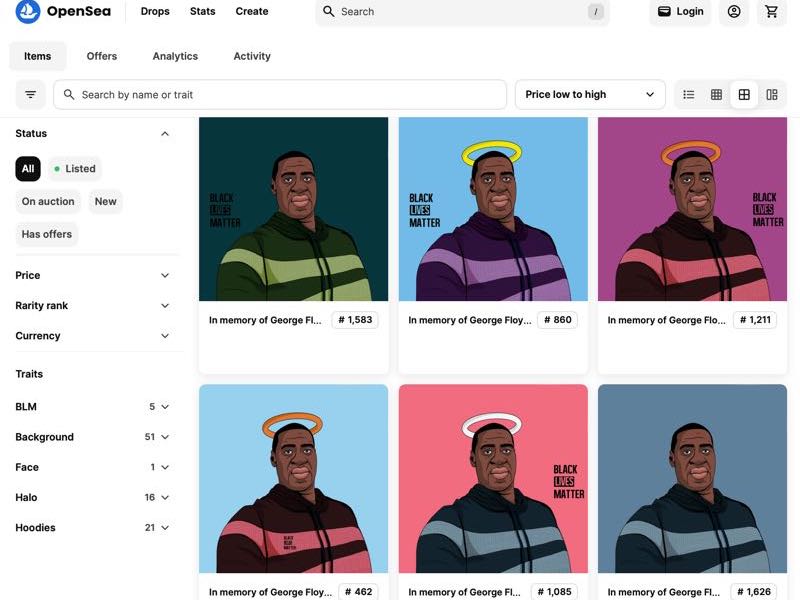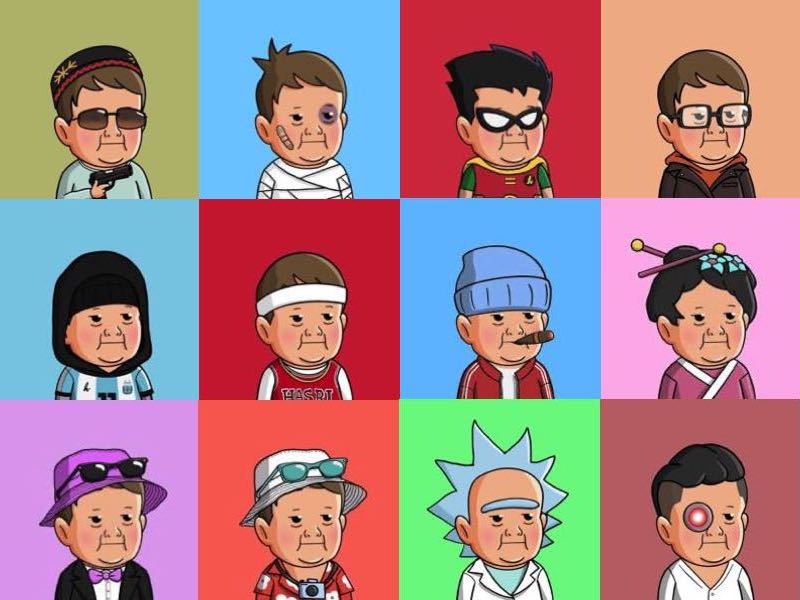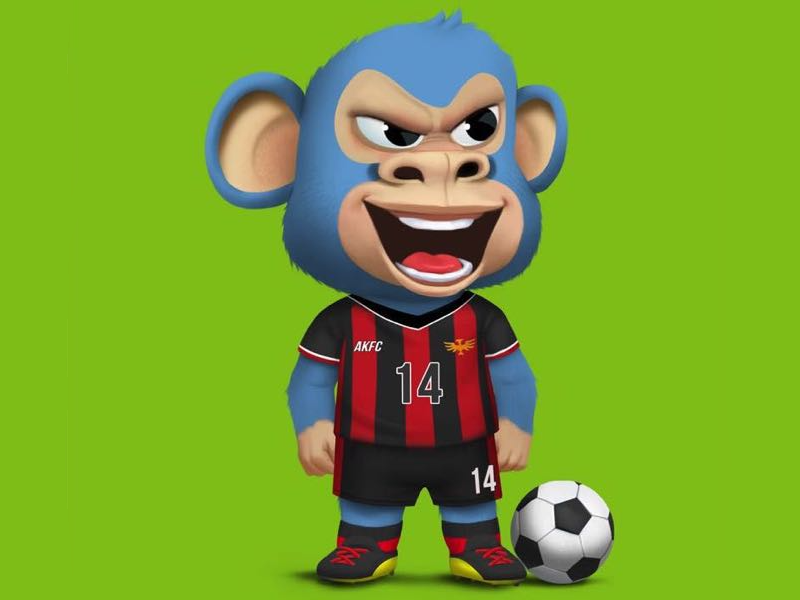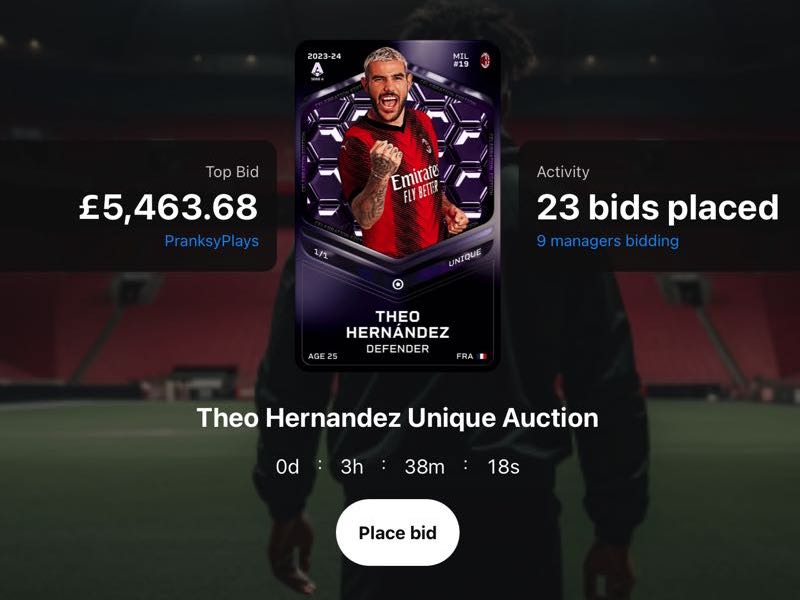The world of crypto has long been a controversial one, with many feeling as though the likes of non-fungible tokens, also known as NFTs, take advantage of people wanting to be a part of an organisation or movement. Donald Trump’s decision to launch a series of NFTs in order to make himself money, for example, were viewed as a cynical attempt to keep the disgraced former President in the black at the expense of followers who worship and adore him. Now it seems as though the NFT controversy has reached the point of no return with the launch of so-called ‘Floydies’.
The project, which hit the OpenSea platform on the seventh of December 2021, feature the imagine of George Floyd, the man who was murdered by the police officer Derek Chauvin on the 25th of May, 2020. The collection saw 22 items listed, depicting Floyd with bloodshot eyes as well as far more offensive representations of the victim of a crime that gave rise to the Black Lives Matter movement. It is a sign that NFTs have jumped the shark, being the latest in a series of racially insensitive non-fungible tokens that have hit marketplaces, such as OpenSea in recent times.
Who Was George Floyd?

George Floyd Junior was an African-American man who was born on the 14th of October, 1973 in Fayetteville, North Carolina. One of five kids, he moved in with his mum when his parent separated. Standing at more than six foot tall, he saw sports as a way of improving his life and was the co-captain of his high school basketball team, as well as being on the football team as a tight end. He attended South Florida Community College on a football scholarship before transferring to Texas A&M University-Kingsville, where he played basketball before dropping out.
Between 1997 and 2005, Floyd served numerous jail terms on charges including trespassing, theft and drug possession. He also went to prison for aggravated robbery in 2009. He was paroled in 2013 and in 2014 he moved to Minnesota in order to try to rebuild his life. It was whilst in Minnesota that he worked at El Nuevo Rodeo Club where a police officer named Derek Chauvin also worked. On the 25th of May, an employee at Cup Foods called the police upon suspicion that Floyd had used a counterfeit $20 bill to pay for goods, with Floyd sitting outside the store in a car.
When the police arrived they forcibly removed him from the car, handcuffing him. It was whilst handcuffed that officer Chauvin pressed his knee into Floyd’s neck for nine minutes and 29 seconds, in spite of Floyd’s protests that he couldn’t breathe. George Floyd’s heart stopped whilst officer Chauvin was kneeling on his neck, leading to the medical examiner to declare that his death was a homicide. After the murder, protests were held across the world, with the excessive force that police use against black suspects being the main focus of them.
Racially Insensitive NFTs
In 2021, actor Elijah Wood, who had been a prolific collector of non-fungible tokens, posted that he’d bought an NFT by the 74-year-old artist behind a collection of hand-drawn zombies known as Jungle Freaks. George Trosley was referred to as a ‘legendary’ artist who had worked with the likes of pornographic magazine Hustler. No sooner had Wood tweeted about his new NFT, however, than many users on Twitter were quick to point out the racist work of Trosley from the 1970s. Not long after, Wood confirmed on social media that he had got rid of all NFTs created by Trosley and donated the funds to the NAACP’s Legal Defense Fund and BLM.
It wasn’t the only example of racially insensitive NFTs being sold. The Bored Ape Yacht Club and an unofficial spin-off called Lil Baby Ape Club show cartoon primates doing any number of weird things. Many of the apes in the Lil Baby Ape Club use ‘questionable iconography‘, including a white t-shirt with ‘Monkey Pride’ emblazoned on it. Another collection of NFTs with the name jam boy that appears to have connections to slavery during the British empire. It suggested that the world of non-fungible tokens has a problem when it comes to racism, which the ‘Floydies’ are a further chapter of.
The ‘Floydies’ Collection
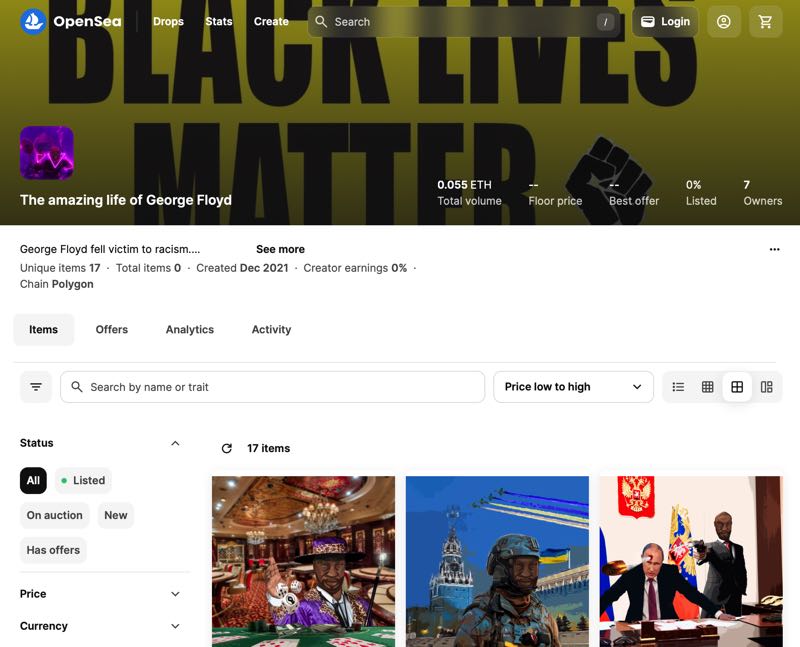
Given the problematic relationship between NFTs and race, it perhaps shouldn’t be all that surprising that there are non-fungible tokens related to George Floyd. The creator or creators of them released something of a justification on their OpenSea page. They said, “George Floyd was a victim of racism and has since become an inspiration to the BLM movement, as well as to those who stand for equality. Owning a Floydie is a great way to express yourself and your beliefs!” There were many who felt as though the NFTs were intentionally offensive in order to garner attention.
Controversy sells, which is why the people or person who made the ‘Floydies’ won’t have minded what happened. In fact, a new ‘special edition Floydie’ was launched on December 15th, looking to capitalise on the complaints being made by those who were rightly disgusted with them. By the time the creator or creators had sold half of the collection, they had made nearly $5,000. Some of the images depict Floyd standing at the gates of heaven with a halo over his head, whilst others show him wearing a police uniform in what is seen as being a highly provocative image.

